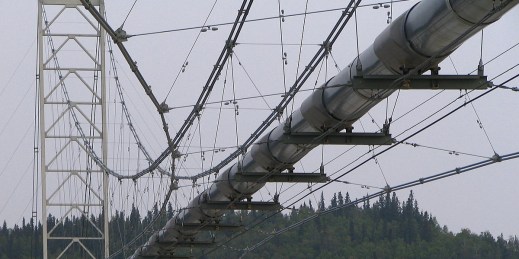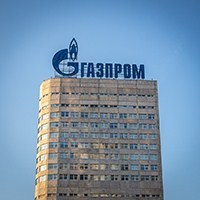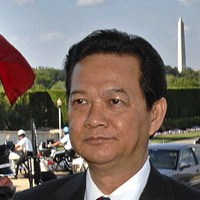
How to best explain Vladimir Putin’s zigzags on Ukraine? Over the past few months, spokesmen and leading officials have confidently made statements about Russian policy only to have the Russian leader suddenly change course. It can be quite confusing for analysts and commentators to assess Russia’s true intentions—and makes Putin look dangerously unpredictable. Putin’s long-term goals are clear: to prevent Ukraine’s full integration into the Euro-Atlantic world; to preserve some semblance of Ukraine’s former position as a neutral intermediary and buffer between Russia and the West; and to retain Russia’s special relationship with the country, particularly its southern and eastern […]




